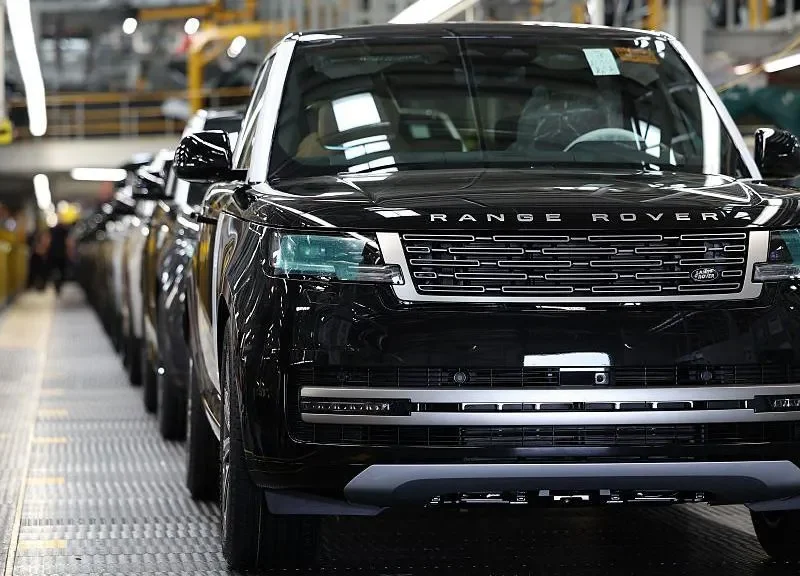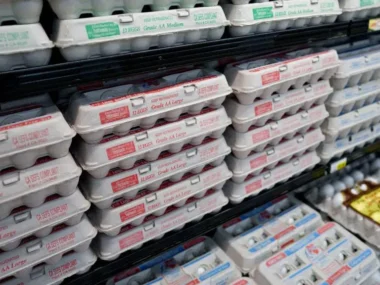UK vehicle production experienced a steep decline last month, reaching its lowest April output in over 70 years—excluding the COVID-affected 2020—largely due to US tariffs and the timing of Easter.
Just 59,203 cars were built, marking a 16% drop from April 2024 and a 25% fall from March, which had seen a temporary boost as manufacturers rushed shipments to the US ahead of President Trump’s 25% tariff on steel, aluminium, and cars. Although a US court recently blocked many of those tariffs, the automotive ones remain in effect.
The Society of Motor Manufacturers and Traders (SMMT) attributed the fall not only to trade tensions but also to a broader industry transition from petrol vehicles to electric models, which has temporarily slowed production.
Jaguar Land Rover (JLR), heavily impacted by tariffs, reported paying 27.5% duties on cars exported to the US—a major financial strain. JLR also voiced frustration over delays in implementing a new UK-US deal to lower tariffs to 10% on up to 100,000 vehicles.
The late Easter holiday reduced working days in April, further lowering output, the SMMT added. The last time April output was this low—excluding 2020—was in 1952 when 53,517 vehicles were produced.
Export production dropped by 10.1%, with declining demand from major markets like the US and EU. Total output for the first four months of 2025 was the weakest since 2009.
Autotrader CEO Nathan Coe noted that exporters to the US faced the biggest setbacks, even as domestic car sales in the UK remained healthy. He suggested the UK’s market could appeal more to foreign carmakers now that exporting to the US has become costlier.
April’s production for the UK market was down 3.3% from a year earlier. Autotrader’s share price slid 12% despite a 5% sales increase, as the company cited ongoing economic uncertainties.
Professor Peter Wells of Cardiff University emphasized that this downturn mirrors global trends, with countries like Germany, France, Italy, and Japan also seeing automotive slowdowns. However, he said the UK faces specific challenges—such as looser trade barriers with China and shifting EV policies—that may be intensifying local pressures.
In April, the UK government relaxed EV sales targets and reduced penalties for higher-emission vehicles, creating uncertainty for manufacturers. Past plant closures by Honda and Ford, and warnings from Stellantis about halting UK operations due to EV policy ambiguity, have added to industry concerns.
Prof Wells concluded that the sector continues to operate in a volatile climate, needing greater policy consistency and clarity around trade and electrification.











